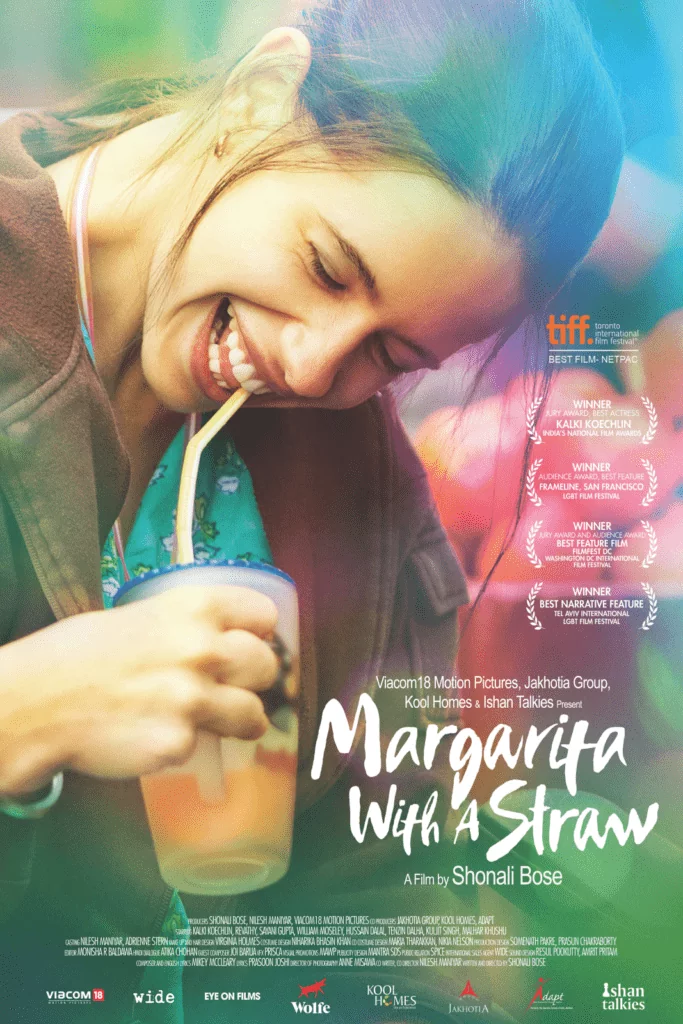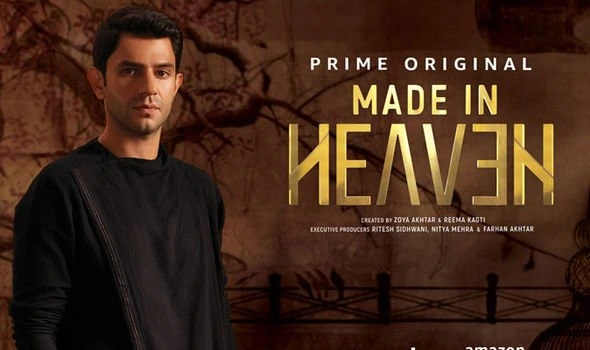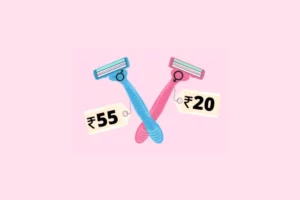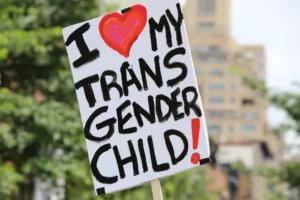Since the very beginning, queer characters have rarely taken the center stage in the world that is Bollywood. Bollywood has often portrayed the queer community in a stereotypical way. The few times that we’ve seen LGBT characters in Bollywood, it has been for poor comedic relief at their expense. It is degrading and homophobic content in the name of humor. The depiction of sexual minorities in cinema and television has largely been tinged with social stereotypes (either imperceptible or hyper-sexualized LGBT characters which are used as an accessory) religious reproval and the very real fear of censure.
This lack of representation has caused its own issues in terms of the socio-cultural effect it has had on the Indian community- both queer and cis.
However, in the recent past, it has been quite heartening to see that Bollywood, slowly but steadily, is learning from its mistakes and the heavy criticism it has been receiving for its portrayal of queer characters or lack thereof. As LGBT voices grow stronger Bollywood too is beginning to change its tune.
Which is perhaps why the films based on LGBTQ+ relationships have been getting their due in the mainstream cinema in the recent past. There had always been a few rare ‘art films’, even within the mainstream, which shook up the largely conservative audience and showed on the silver screen the portrayal of queer characters, and queer desire and quietly left its mark on the audience, but that numbers seem to be steadily on the rise.
Read More: 5 queer movies that actually have happy endings
In an ideal world, depictiction of a queer character would be absolutely normal. But in a country like ours, where section 377 was only recently upturned, the portrayal of sexual minorities in cinema and television has been largely tinged with social stereotypes, religious reprovals and the very real fear of censorship. However, the good news now is that there is a growing crowd of filmmakers who are working towards giving the queer community both representation and visibility in mainstream Bollywood.

One of the best portrayals of a queer man in recent times has been Karan, an openly gay wedding planner who isn’t portrayed as feminine or unnecessarily comical in the drama series ‘Made in Heaven. He has real-life, real problems and close friendships. The show went on to win awards at international festivals and its success has opened Indian viewers to a decent, respectful and real representation.
Made in Heaven, a series directed by Zoya Akhtar is a tale of weddings in India which is about love, money, power, caste and inequalities deeply entrenched in all of us. The male protagonist of this show is a closeted gay man, living in a world where Section 377 of Indian Penal has not been de-criminalized. Hence, outwardly he leads a successful professional life as a wedding planner but inwardly he knows he will treat as a criminal if he comes out.
Karan is intriguing and complex, introspective and handsome. The 30-something event planner devotes himself to his career, parties with friends, enjoys his me-time, takes difficult decisions, wears jeans and makes love — just like anyone else.
It shows the struggles of being gay in India before Navtej Johar read down Section 377, which includes a nosy neighbor, a police arrest and custodial violence. It is the journey of a man to accept himself and live in a society that struggles to accept same sex relationships.
Read More: Modern Love Mumbai: A show on the different shades of love

Similarly, Margarita with a Straw, directed by Shonali Bose, is an intersectional representation of disability, queerness and gender, told through Laila, the protagonist played by Kalki Koechlin. Laila is a young woman who has cerebral palsy who shares a close relationship with her mother, who is also her primary caregiver. She goes off to Manhattan for her higher studies and discovers her bisexuality when she develops feelings for a visually impaired disability activist.
It is a tale of a woman navigating an ableist world, coming off age and dealing with her sexual orientation. It is also a tale of struggle of acceptance as her mother struggles to accept her bisexual identity. Ultimately, it tells a tale of universality of desire, love and acceptance.

Another recent movie that received glaringly positive reviews was Aligarh, directed by Hansal Mehta, which is based on the life of Professor Ramchandra Siras who taught at the famed Aligarh Muslim University. The professor is forced to come out of his closet when he is caught in an intimate moment with another man. This is followed by a harrowing tale of violence and intolerance from groups of conservative society and his workplace that suspends him on grounds of gross misconduct.
The role of Siras is played by veteran actor Manoj Bajpayee. The film starts off after his sexuality has been discovered and he is contacted by a young journalist played by Rajkumar Rao about this incident. This film shows the long-drawn battle of being charged under Section 377 of India Penal Code. Professor Siras was finally acquitted by the Court. However, he was found dead in his apartment a day before his acquittal and the subsequent reinstating in the University.
Read More: 5 Binge worthy TV series that you must watch!
But why does it matter?
In a post 377 world, it is crucial that queer narratives, love, life and desires are brought to the forefront. Stories have the power to heal and bring acceptance. Hence, Bollywood, being the flag bearer of mainstream Indian cinema, needs to bring the queer stories to the forefront as it has a mass appeal. Queer narratives need to be normalized and telling stories are perhaps a crucial step towards that.
Indian cinema is finally contributing to molding beliefs, shifting perspectives and normalizing LGBTQIA+ community to come forward and tell their stories through their lens. In the sea of Bollywood movies with gay characters, only chosen few stand out as correct or decent representations. Bollywood has a long way to go before we can have a normal love story between two people of the same sex without making the whole story about their sexuality.




2 thoughts on “These bollywood filmmakers are killing it with queer representation”